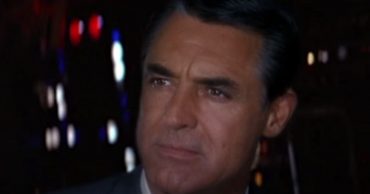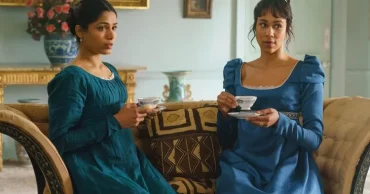No One Would Tell (1996) was one of the 90s thrilling crime dramas. Its spellbinding plot left many of its audience in shock and awe, mostly because the NBC television movie was based on a real-life story. Directed by Noel Nosseck, No One Would Tell was adapted and written by Steven Loring.
A remake was done in 2018 with the same name. With Gail Harvey as director and a cast led by Shannen Doherty, the movie’s plot significantly differed from the original film. To help shed more light on the story, here’s unveiling the truth in No One Would Tell movies and its real-life story.
Trigger Warning: The following article contains descriptions of abuse, violence, assault, and murder.
No One Would Tell Plot Summary
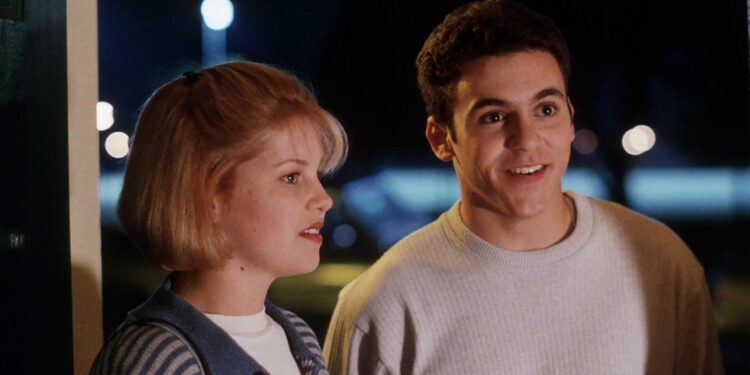
In the original 1996 No One Would Tell movie, most of the plot takes place in the fictional North High School. The movie revolved around the life, relationship, and death of Stacy Collins. She’s introduced as a shy 16-year-old High Schooler who has had a crush on Bobby Tennison. Bobby, part of the school’s wrestling team, is North High School’s most popular student. Stacy is more than surprised when Bobby suddenly takes an interest in her. Audiences soon discover Bobby is obsessively possessive of Stacy – ensuring she talks to no one but him.
Their relationship soon turns violent as Bobby becomes emotionally and physically abusive. Although Stacy’s best friend, Nicki, tries to intervene and talk Stacy out of the relationship, Stacy adamantly continues dating Bobby. With Bobby’s continued possessiveness and abuse towards her, Stacy finally listens to Nicki and breaks up with Bobby. Although they agreed to stay as friends, Bobby is enraged when he hears she’s talking with another guy at a birthday party.
Bobby convinces Stacy to tag along on a ride with his friend, Vince Fortner. The trio drives to a lake, with Bobby and Stacy walking alone towards the lake. When Stacy is reported missing the next day, a series of findings reveal Bobby slit her throat and dumped her in the lake. The movie concludes with the court judge addressing witnesses, friends, and members of the public to speak out and tell others when someone is being abused. The Judge concludes that speaking out could have saved Stacy Collins.
Top Cast Members Of No One Would Tell
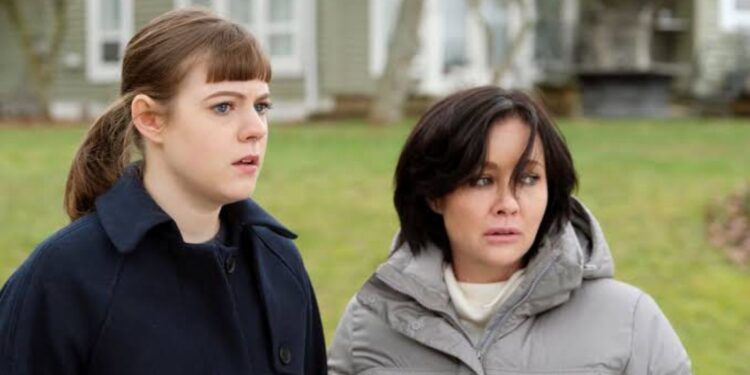
The 1996 No One Would Tell was received with mixed reviews from critics. However, special praise was accorded to Candace Cameron Bure, who played Stacy Collins, and Heather McComb (Nicki). Other cast members include Fred Savage (as Robert “Bobby” Tennison), Eric Balfour (as Vince Fortner), Sally Jessy Raphael (as the Judge), Michelle Phillips (as Stacy’s mother, Laura Collins), and Gregory Alan Williams (as Detective Anderson).
In the 2018 remake, Charmed actress, Shannen Doherty, played Laura Collins. Matreya Scarrwener played Sarah Collins (a similar character to Stacy Collins), Callan Potter as Rob Tennison, and Chanelle Peloso as Nicki Farrow. Mira Sorvino played Judge Elizabeth Hanover, with Garfield Wilson as Detective Anderson.
The Real-Life Story No One Would Tell Was Based On
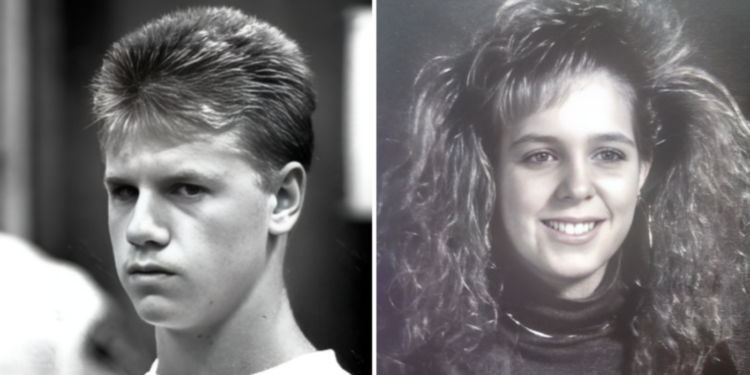
As frightening as the events of No One Would Tell, it’s scarier knowing it was based on actual events. Although the scriptwriters used different names and toned down certain aspects of the real story, the films covered most of the story. Unlike the original film, the victim, Amy Carnevale (14), is two years younger than her boyfriend, Jamie Fuller (16). The incident occurred in Beverly, Massachusetts, with the murder taking place on August 23, 1991.
Jamie Fuller’s court trial for the murder of Amy Carnevale reveals several additional details that were not included or changed in the films. While No One Would Tell used a watered-down threatening statement for Bobby (“If he can’t have her, no one’s gonna.”), Fuller’s actual statement before the day of the killing reveals a pre-medicated murder plot. Fuller reportedly stated, “I’m getting sick of this. I swear I’m going to kill her…. This shit’s got to stop…. She won’t be around to go out with anyone anymore…. I’m going to fucking kill her.” Subsequently, Fuller didn’t act alone as depicted in the movies. He confessed he would kill Carnevale to two friends, Dominic Sciola and Mark DeMeule, who tagged along. Two other friends, Michael Maillet and Scott Ward, joined them as they walked into a field with Miss Carnevale.
While Fuller gruesomely killed Carnevale, the friends attested to hearing her screams. In his confession, Fuller covered Carnevale’s mouth, told her he loved her, then stabbed her in the stomach. He went behind her, still holding her mouth, and pushed the knife deep into her stomach, so he could feel the knife’s point touching his body through her. On the ground, bleeding to death, Carnevale kept saying, “I love you, Jamie.” As she struggled to speak, Fuller became irritated by the sound of Carnevale gargling on her own blood. He stomped on her head to kill her off. With help from his friends, they wrapped her body in trash bags and weighted it with two cinder blocks. With Michael Maillet’s help, Fuller threw Carnevale’s body into Shoe Pond.
Societal Impact Of No One Would Tell
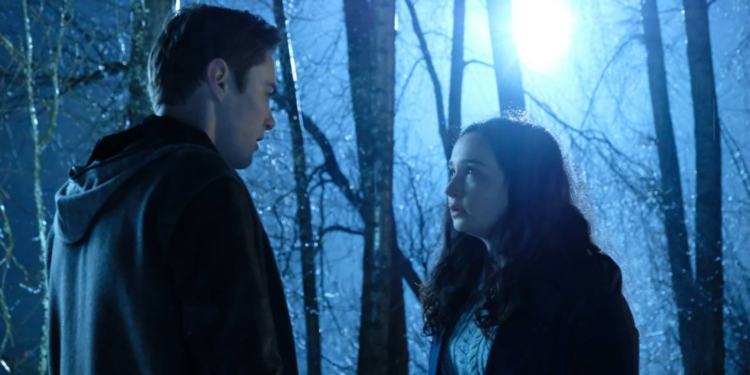
No One Would Tell sheds more light on relationship violence and emotional and physical abuse. While it’s easy for outsiders (like Nicki) to know Bobby’s possessive love is harmful, Stacy stays blinded by love. It is easy to identify emotional and physical abuse in others but can often be hard to spot for oneself, because of the manipulative ways of the abuser.
No human should be obsessed and possessive towards another, as it can only brew jealousy. The closing address of the Judge in both movies sums up the need for everyone to take responsibility. While a few victims may be able to speak out, salvation may come from others reporting to the relevant authority.
In the 2018 remake, Judge Elizabeth Hanover addresses the audience, stating, “Between the years 2001 and 2012, we lost 6,488 souls in battles fought in Iraq and Afghanistan. But during that same time period, 11,766 women were killed but by their own partners. This is a war that we, in this country, refuse to address. It has to stop because things have gotten so dire that this is what a victory looks like; and I am sorry, folks, but today was no victory. This case should not be closed because when it comes to domestic violence, there needs to be change on a cultural level, and that change needs to start with each and every one of you.”
 Follow Us
Follow Us



